It would be good to, one day, live in a time that didn’t include people planning a whole day of celebration around hating you and your culture.
One where they didn’t gather to burn your country’s flag and effigies representing people that represent you.
But I guess the days surrounding July 12 are just supposed to be strange for the Irish.
This is a time when you’re forced to watch discussions unfold about why it’s okay for a section of society to very publicly despise you.
When extreme Loyalists in Northern Ireland build great big bonfires adorned with your national flag, posters of Irish-identifying politicians, prominent Irish figures and the vulgar KAT banners.
(For those who don’t know, KAT means Kill All Taigs – Taig being a slur for an Irish Catholic.)
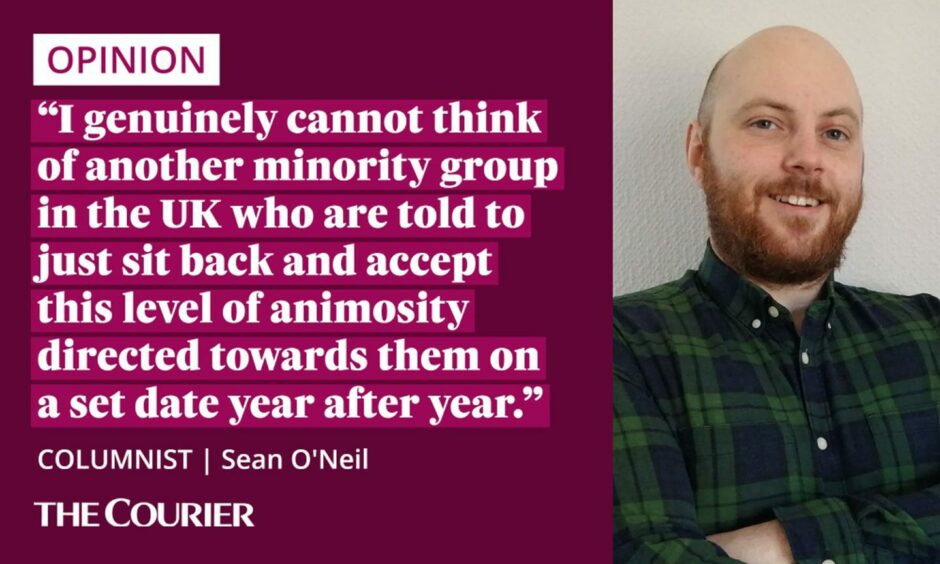
These extremists even get a public holiday just to make sure they’re freed up to hate you to full capacity that day.
Because you can’t have work calls getting in the way of banging a bigoted drum about a battle that happened in 1690.
Can’t supporters “celebrate” without stoking the flames of sectarianism?
We’re in 2022 now and I genuinely cannot think of another minority group in the UK who are told to just sit back and accept this level of animosity directed towards them on a set date year after year.
It’s blatant sectarianism.
If a section of society decided to spend weeks building bonfires for the sole purpose of burning Jewish or Muslim flags and effigies there would quite rightly be outrage.
But when it’s targeted at the Irish it’s met with a shrug of the shoulders and convenient whataboutery.
Tonight I am having to answer questions from my children who came across this on social media why their Daddy is on a bonfire to be burnt.
This is not culture, it is a hate crime. Those within political unionism need to show leadership & stand up against this sectarian hatred pic.twitter.com/SmYsgu0Wpr
— Cllr Gary McCleave (@Garymc1967) July 11, 2022
Every year there is the same half-hearted condemnation from Orange Order and Unionist political leaders.
And every year the KAT banners and burning of Tricolours and Catholic and Irish imagery returns.
Sometimes, through the sheer giddiness of hatred, they even set fire to Ivory Coast flags.
In Scotland we see a Loyalist-lite version of July 12. But even those marches and parades are peppered with sectarian expression.
It’s time to admit that July 12 is Northern Ireland and Scotland’s Confederate flag.
Yes, there is history and heritage associated with it.
But a lot of that history and heritage is tied to oppression.
And a large vocal minority of supporters seem unable to “celebrate” said heritage without stoking the flames of sectarianism.
Unionists need to respect the Northern Ireland of today
The day is inherently divisive – made intentionally provocative by bonfires and songs fuelled with symbols and words of intolerance.
But, and I do get this, it’s also important for people to celebrate their place in this world.
To feel connected to what came before and the community that surrounds them.
Unionism is a defining aspect of Northern Irish history. Supporters of it have the right to a parade day as much as anyone else.
But that day should not come at the expense of their neighbours’ right to equality and freedom from discrimination.
Unionists need to find a way to honour their history that also respects the Northern Ireland of today.
And it’s hard to see what that the future is for Unionist celebration, if they’re always looking 300 years into the past.
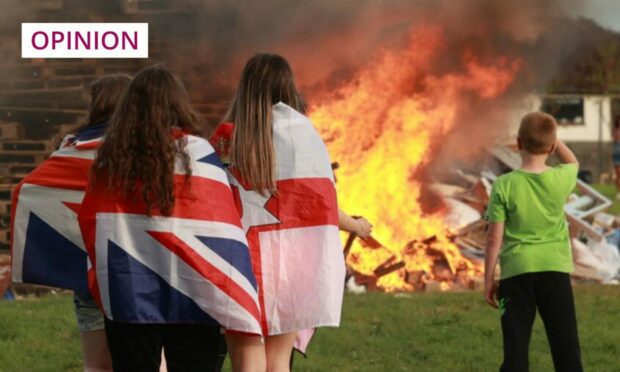
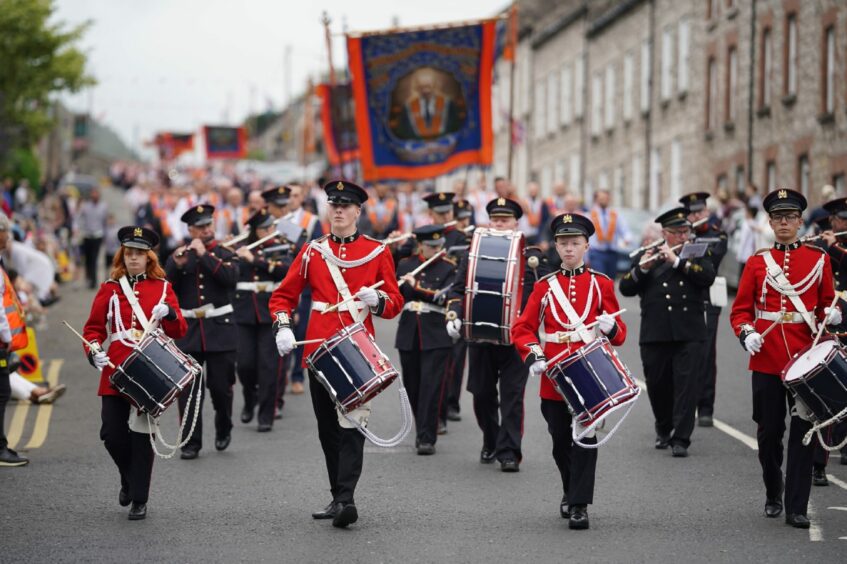
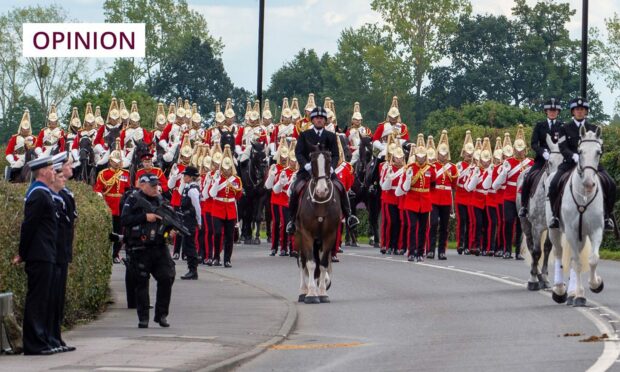

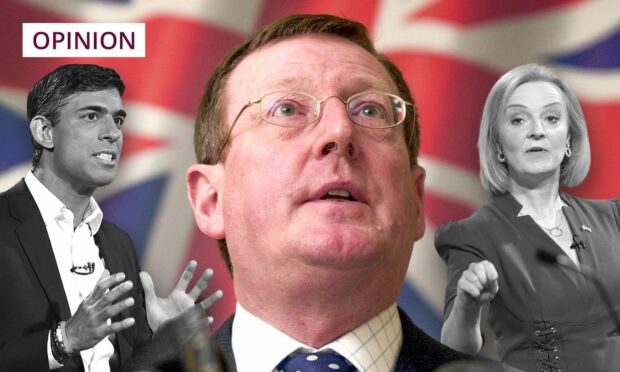
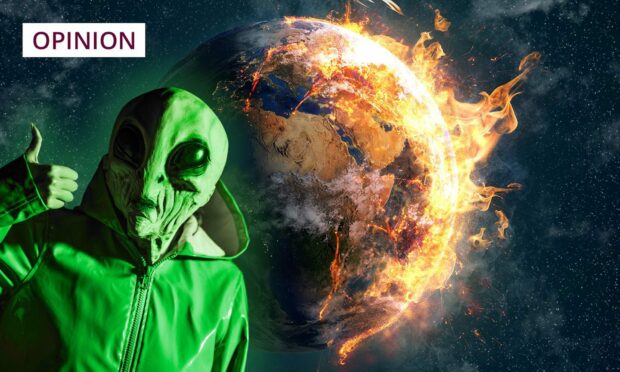
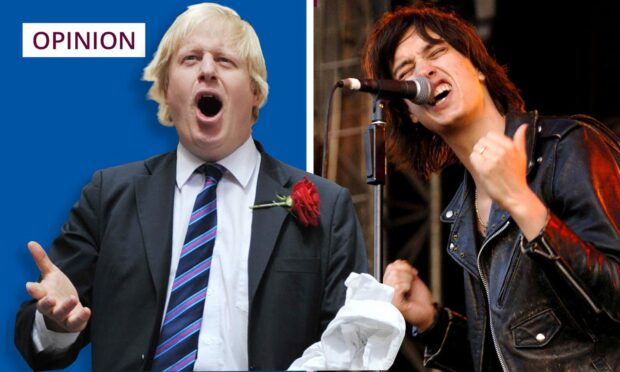
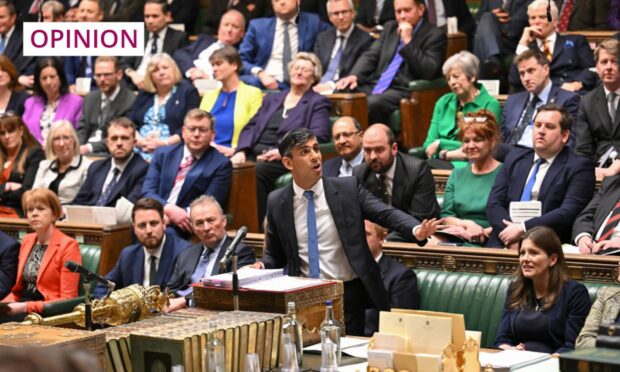
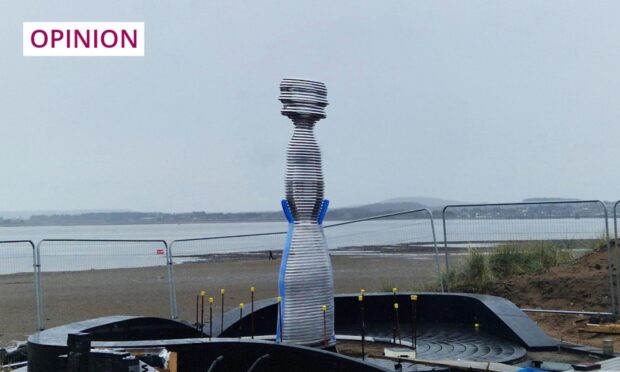


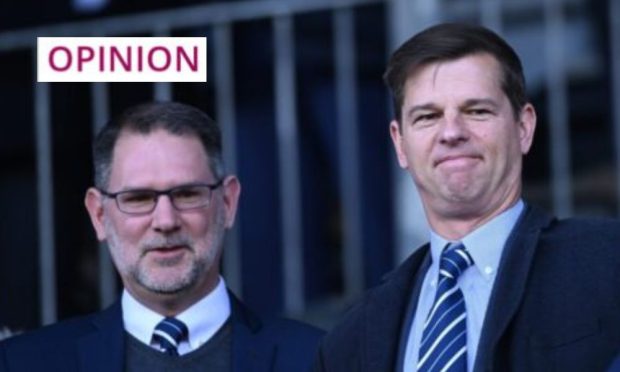

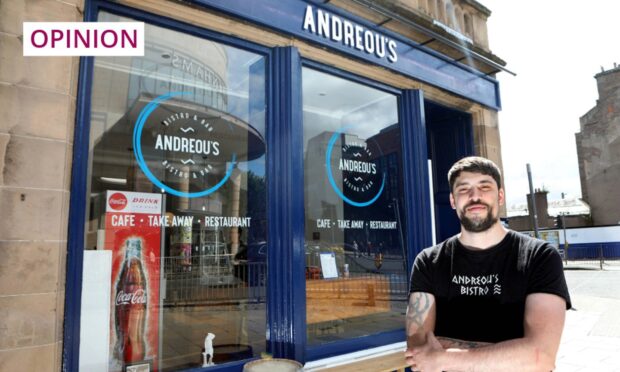
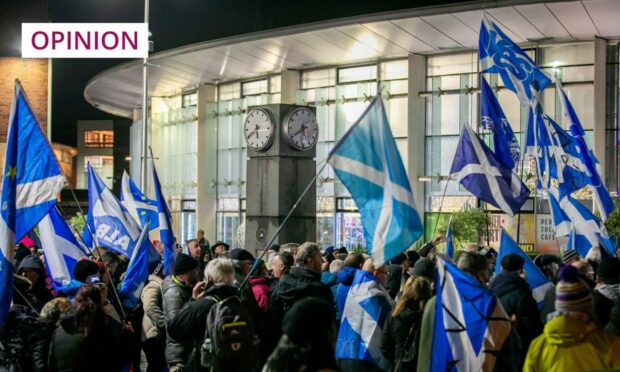

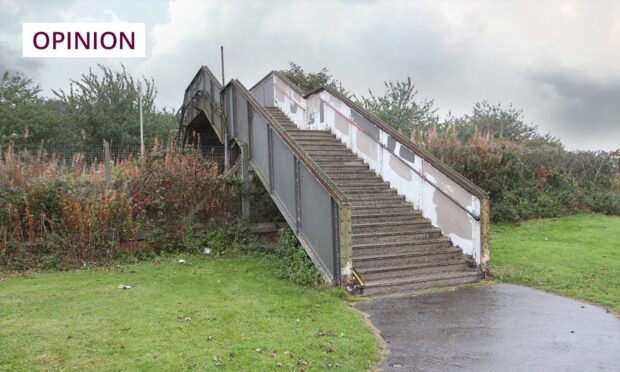
Conversation